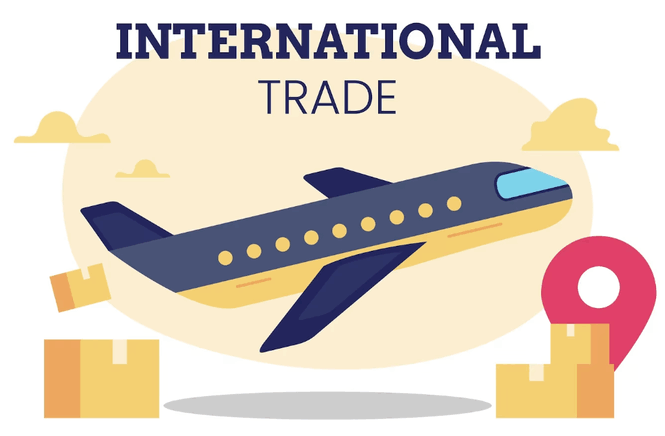 Import News
Import News
 2023-09-12
2023-09-12
International trade is the backbone of the global economy, facilitating the exchange of goods and services across borders. The process of importing goods from one country to another involves a complex web of regulations, customs procedures, and logistics. In this article, Tendata will delve into the intricate world of international imports, explaining how the process works and shedding light on key aspects such as customs and regulations.

The Landscape of International Imports
International imports encompass a vast array of goods, ranging from consumer products to industrial machinery. To understand how the process works, let's begin by examining the broader context of international trade.
1. Exporting and Importing Countries:
Exporters and Importers: Every international trade transaction involves two parties—the exporter, who sells goods abroad, and the importer, who purchases and brings them into their country.
2. Exporting Country's Role:
Customs Declarations: In the exporting country, the process begins with customs declarations and compliance with export regulations. Exporters must ensure that their products meet the standards and requirements of the importing country.
3. Importing Country's Role:
Customs Clearance: Once the goods arrive in the importing country, customs clearance is required. This process involves verifying the shipment's documentation, inspecting the goods, and assessing duties and taxes.
>>>Click to Check More Import And Export Information from Tendata<<<
Key Aspects of the International Import Process
Now that we have a general overview, let's dive into the essential components of the international import process.
1. Documentation:
· Bill of Lading: This document serves as proof of ownership and specifies the terms of the shipment.
· Commercial Invoice: It includes details of the transaction, such as the buyer, seller, and the goods' description and value.
· Customs Declarations: Accurate and complete customs declarations are crucial to ensure compliance with regulations.
2. Customs Duties and Taxes:
Different countries impose various tariffs and taxes on imported goods, which importers are required to pay.
3. Import Regulations:
· Product Standards: Importers must adhere to the importing country's product standards and regulations to ensure the safety and quality of the goods.
· Quotas and Licensing: Some products may be subject to import quotas or require specific licenses.
4. Customs Procedures:
· Customs Inspection: Customs authorities may inspect shipments to verify their accuracy and compliance with regulations.
· Clearance Process: Proper documentation and payment of duties and taxes facilitate the clearance process.
5. Trade Agreements:
Free Trade Agreements (FTAs): Many countries have FTAs that reduce or eliminate tariffs, making it easier and more cost-effective to import goods from partner countries.
>>>Online Customer Service Consultation<<<
Challenges and Considerations
1. Compliance: Navigating the web of import regulations and ensuring compliance with each country's unique requirements can be daunting for importers.
2. Tariffs and Taxes: Importers must factor in the cost of tariffs and taxes, which can significantly impact the overall cost of goods.
3. Supply Chain Disruptions: Events like natural disasters or political instability in the exporting or importing country can disrupt the supply chain.
4. Documentation Accuracy: Errors or discrepancies in documentation can lead to delays and additional costs.
Conclusion
The international import process is a multifaceted and essential aspect of global trade. Importers must navigate a complex landscape of regulations, customs procedures, and logistics to bring goods from abroad to their domestic markets. Understanding these intricacies is crucial for businesses and individuals engaged in international trade, as it can help optimize operations, minimize costs, and ensure compliance with the laws and regulations of importing countries.
Category
Leave Message for Demo Request or Questions


 T-info
T-info T-discovery
T-discovery

 My
Tendata
My
Tendata Market Analysis
Market Analysis Customer
Development
Customer
Development Competitor
Monitoring
Competitor
Monitoring Customer Relationship
Customer Relationship





































































































































